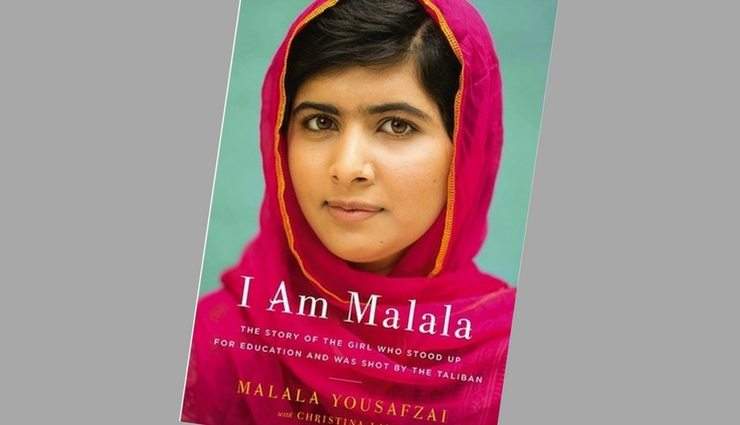07/20/2017 by Carney Sandoe Staff |
CS&A News
Her Name Is Malala

In October 2012, 15-year-old Pakistani girl Malala Yousafzai, was shot in the head by a Taliban gunman for daring to go to school. Malala was particularly outspoken on the right for girls to get an education. When the Taliban shut down her school, she took up writing a blog on the subject for the BBC. The gunman meant to kill Malala, but she managed to survive. When she recovered, she became an even more prominent activist for girls’ education.
In 2013, at age 16, she published her memoir, “My Name is Malala: The Story of the Girl Who Stood Up for Education and Was Shot by the Taliban.” For her work, Malala was the co-recipient (the youngest ever) of the 2014 Nobel Peace Prize. Afterward, with help from her father, she set up the Malala Fund, which advocates for the education of girls, partners with organizations that support the education of girls, and gives voice to girls wanting to speak out about their lives.
Earlier this month, Malala celebrated her 20th birthday. She had recently finished her precollegiate studies at the all-girls’ Edgbaston High School in Birmingham, England, and hopes to enroll at the University of Oxford this fall. But before she starts her college career, she is spending the summer on her self-designated Girl Power Trip — visiting and encouraging girls in North America, Latin America, the Middle East, Europe, and Asia.
What Malala knows is that, globally, around 130 million girls are out of school. There are various reasons for this, but most have to do with war, suppression and a lack of financial resources.
Around the time of her birthday, NPR interviewed Malala, who had just gone to northern Iraq to meet with displaced Yazidi girls and discuss ways they can get an education. One of them told a chilling story about wanting to go to school, but being denied the opportunity by her parents. So she took her brother’s schoolbooks and secretly studied on her own. When her parents tried to set her up for marriage as a teenager, she decided to run away. In the NPR broadcast, the girl said, “I have my dreams. I have my hope [that] I will go to an American university and be a writer.”
Now that Malala has left her teenage life, she told the NPR commentator, her mission is to convince the world that the education of girls is good for everyone.
There is so much to admire about Malala. To say she is brave and fearless is almost an understatement. Her commitment to justice, to the fair treatment of women, to the education of girls, in particular, offers a lesson for us all. If our world is to become the place we believe it can and should be, we’ll need to borrow and replicate Malala’s moral compass — and let it guide us daily.
We like to say that Malala is fighting for the rights of suppressed girls to get an education. But she is also fighting for the rights of all of us to live just, peaceful, and fulfilling lives. The educators we know are part of this mission, too. They may not get public attention or recognition, but we know that the vast majority of them are ambassadors for a more humane world made possible through the art of learning.
Happy birthday, Malala. And thank you.
Leave a Comment
0 Comments
There are no comments on this blog entry.